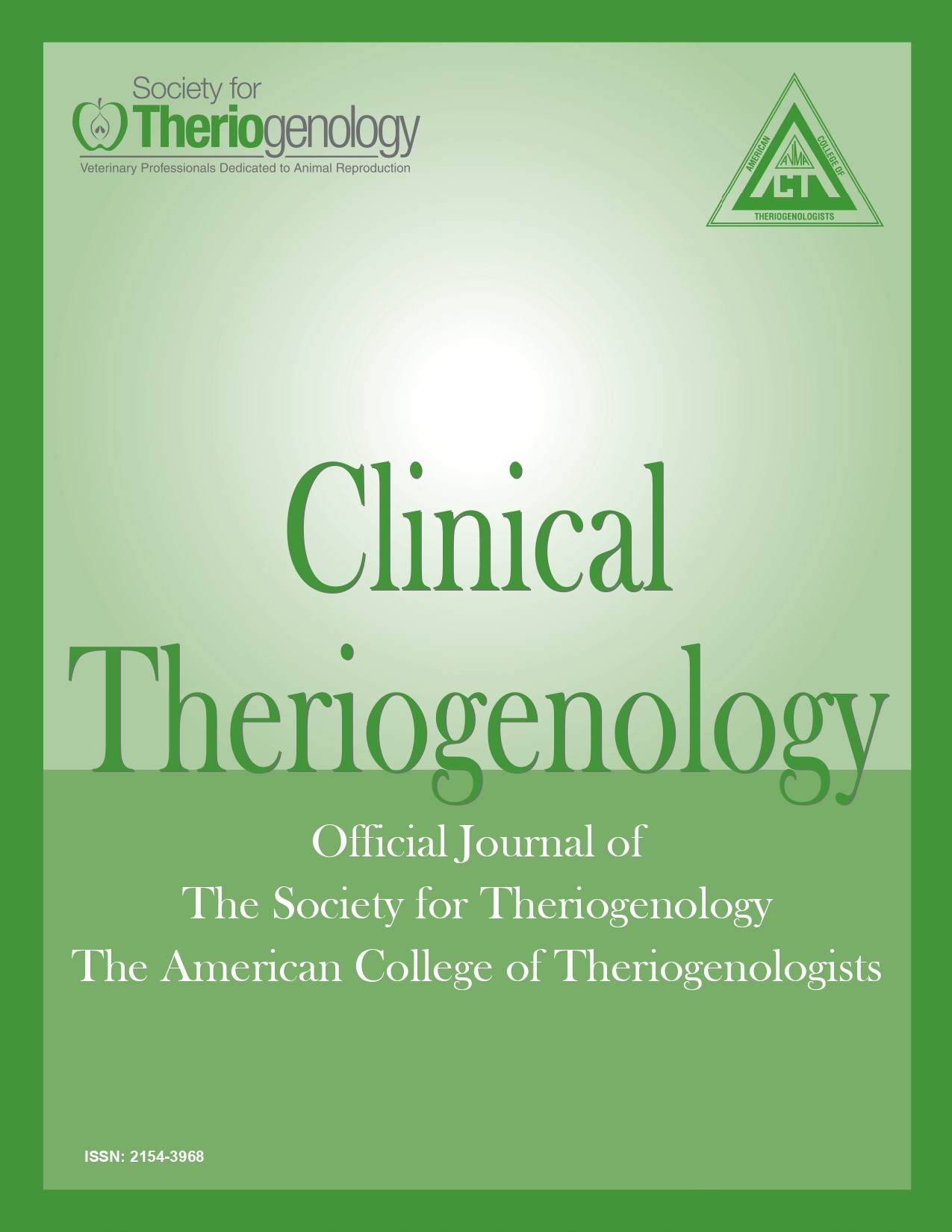Antisperm antibodies and immune mediated infertility. Are we missing something?
Abstract
Immune mediated infertility was first reported in stallions in the 1990s. Dysregulation of the tolerogenic testicular environment leads to development of autoimmune orchitis (AO), defined as an autoimmune reaction to germ cell and sperm antigens. AO is characterized by testicular interstitial infiltration with leukocytes, immunoglobulin binding to germ cells in seminiferous tubules, disruption of spermatogenesis, production of antisperm antibodies (ASAs) and infertility. Clinical diagnosis of AO is based on detection of ASAs. Furthermore, ASAs can cause infertility by preventing sperm binding to oviductal cells, undergoing capacitation and binding to the zona pellucida. However, ICSI circumvents these effects and enables pregnancies to be obtained from males with ASAs. Other reported treatments include glucocorticoid treatment for immunosuppression, or laboratory techniques to select ASA-free sperm. Although AO is poorly understood in stallions, presence of sperm-directed IgG and IgA has been described in stallions with poor semen quality and infertility. Immune mediated infertility may represent an overlooked cause of reduced reproductive efficiency in stallions.
Downloads

This work is licensed under a Creative Commons Attribution-NonCommercial 4.0 International License.
Authors retain copyright of their work, with first publication rights granted to Clinical Theriogenology. Read more about copyright and licensing here.





